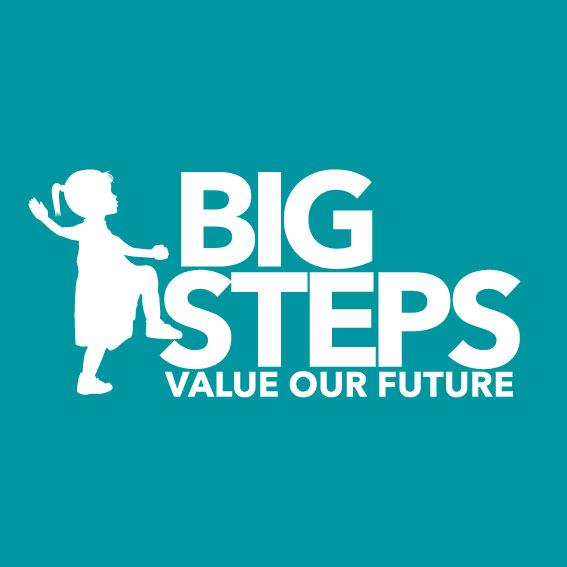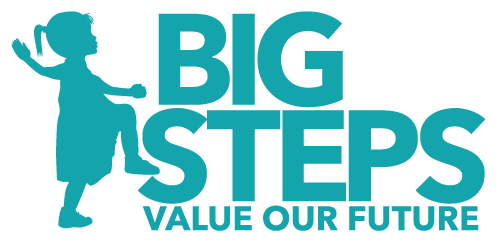MEDIA RELEASE A national survey* of early childhood educators has revealed widespread increased safety risks and dropping standards of care and education as the number of children attending long day care rapidly goes up.
More than two-thirds of respondents say that they and the centre’s families are more at risk of Covid-19 as a result of increasing attendance. Half reported having to compromise the quality of education and care daily or regularly during the pandemic.
Educators need to be able to return to their primary duty of providing education and care programs. However, with the increasing attendance rates, they cannot also continue to carry out enhanced cleaning. During the period of low attendance, many of the health and hygiene practices were supported by educators deployed from other duties.
United Workers Union, the early education union, says that a Federal Government support package is needed to support necessary hygiene and cleaning practices. Financial support is the only way to ensure these practices continue to keep children, families and educators safe, while not impeding on the provision of education and care programs.
The main survey findings on health and hygiene:
- 69% of educators report that they believe that the health risk to themselves and the centre’s families and children is increasing as more children attend their service.
- 8 in 10 educators believe additional staff are needed at their centre to maintain adequate health and hygiene practices.
- 21% of educators feel unsafe at their centre.
- 69% of centres do not have a health and safety representative.
The main survey findings on quality of education:
- 72% of all respondents reported having to compromise the quality of education and care regularly with 53% reporting a daily impact on quality during the pandemic due to a lack of staff.
IMPACTS ON QUALITY – Educators reported in the survey:
– Frequent roster changes and room arrangements making consistency of care difficult.
– Workers are on restricted hours and a lot of staff are calling in sick, with more work to do and more pressure to get things done ability to provide care for children compromised.
– A lot of the time it’s just about supervising the children as there’s too many for the staff present.
– Staffing was not consistent which I feel has a huge impact on the children’s learning.
– A lot of the extra things we did (that gave us an exceeding in all areas rating) are being dropped & morale is dropping.
HYGIENE IMPACTS ON JOBS – Educators reported in the survey:
– We have been able to maintain quality with increased hygiene practices due to reduced number of children. Now numbers are increasing it is becoming very difficult for staff and hard to maintain quality.
– Our cleaner was the first to be stood down. Staff have been doing cleaning within opening hours. This has become increasingly difficult, especially this week since schools opened. Our centre has barely been cleaned all week.
– It seems all we are doing is cleaning, and not spending quality time with the children as we don’t have cleaners.
– Educators are responsible for all centre cleaning.
– I have to complete all cleaning in addition to regular responsibilities.
– Running out of gloves, paper towel and just told to deal with it and not use any.
– Recently lack of staff has meant cleaning has dropped right back to the standards it was before Covid-19.
– Unreasonable expectations of staff to perform extra cleaning on top of an already overloaded workload.
Helen Gibbons, United Workers Union director of early learning says, “The Covid-19 pandemic saw thousands of families withdraw children from early learning settings out of concerns for the health and safety of their children, driving the sector to near collapse.
“During this period of low attendance many of the health and hygiene practices were supported by educators deployed from other duties. Educators implementing strong health and hygiene practices in early learning services was crucial to providing parents the confidence to return. Their work has kept children and families safe.
“As children return in higher numbers, educators can no longer be redeployed to these tasks. They need to be able to focus on the care and education of the children. Financial support is needed to ensure enhanced cleaning practices continue to keep children, families and educators safe.
“The survey results show these are concerning issues to be dealt with urgently, the Government cannot delay. Funding must be delivered for services to resource cleaning and to maintain daily and regular cleaning regimes.
“The survey also reveals the deep toll the past few months have taken on the sector and its ability to provide quality learning during the pandemic. Our educators are desperate to return to the pre-Covid standards of early learning as attendance increases. This can only happen if centres have the resources to clean and deliver high quality early learning programs. The government announced in May that they will provide $10 million to independent schools to support improved Covid-19 hygiene measures. Early learning services are in dire need of similar support.”
One educator from South Australia told her union, “During Covid-19 our numbers went down and my employer reduced a lot of staff hours. Now that the numbers are going back up at my centre, we still have extra cleaning to do, but we don’t have enough staff. Staff hours were really cut back during the virus, and it affected a lot of people. Now that the children are coming back, they aren’t increasing the staff back to where it was before.
“I’ve got 15 two-year-olds between three educators, but we’ve still got all the extra cleaning to do. Last week we had more children than our staff numbers were meant to cover under our ratios. It’s not right.”
Sandy, an educator from Queensland says, “Not enough safety measures have been implemented at the centre where I work. This has caused stress for myself and the other educators because we are worried about our safety.
“We are REALLY short-staffed – and we’ve been told that we can’t hire anyone else. It’s not good for us and it’s not good for the children. We are barely scraping in under the ratios, instead of focusing on delivering quality early education and care. We don’t have the staff to pull off the floor to do the extra cleaning that we know we need to do during this time. More needs to be done.”
Another educator is very concerned that safety is not being addressed, “We have serious concerns about safety and hygiene, but the centre has refused to address them. We have asked for professional cleaners, but the centre won’t listen: they won’t even roster on extra educators to do the cleaning. We feel that our health and safety and the health and safety of the children in our care are not considered a priority.”
What is needed to ensure a Covid Safe Early Learning sector? To ensure that all early learning services are equipped to continue to manage the risks of Covid 19, a support package with funding for enhanced cleaning, and required training for staff is required, including the following:
- Funding for services to engage professional cleaners to maintain daily cleaning regimes;
- Requirement to demonstrate the existence of a trained health and safety representatives in accordance with state and federal health and safety legislation, to monitor practices and compliance with health guidelines and resolve disputes;
- Allocation of funding to support the time needed for training health and safety representatives;
- Requirement to demonstrate a Covid response policy in the case of an outbreak in the centre, and that all staff have been trained in the policy; and
- Requirement to consult with staff on any changes to health and hygiene practices as advice from the Australian Health Protection Principal Committee is updated.
*The national online survey of over 1100 early childhood educators was conducted by United Workers Union between 27th and 31st May 2020.

